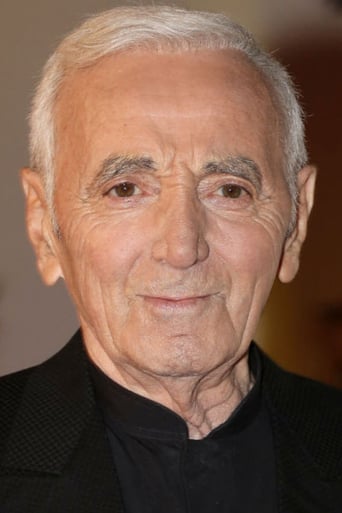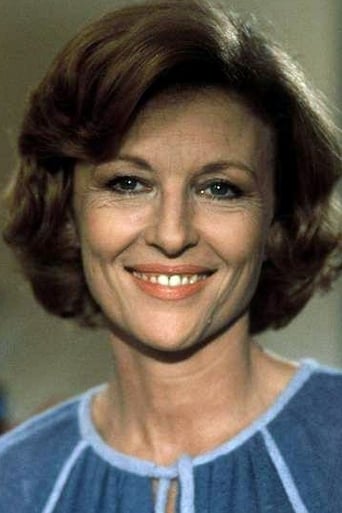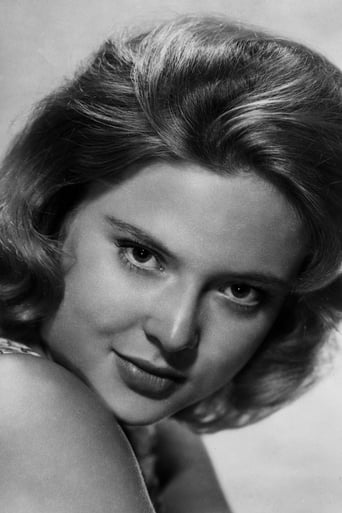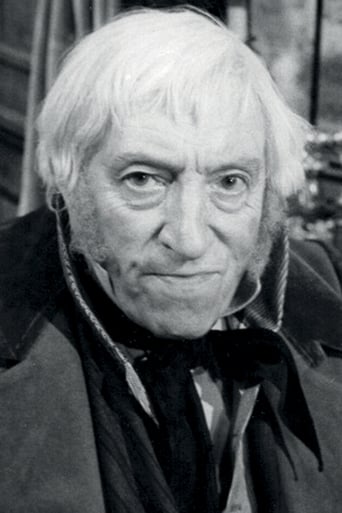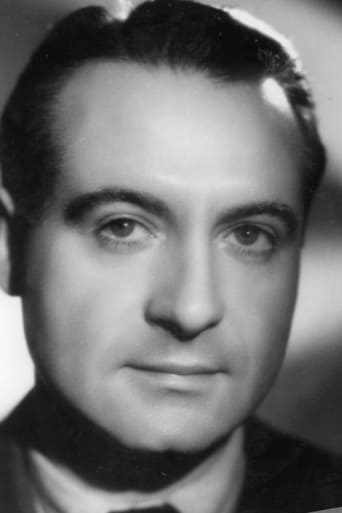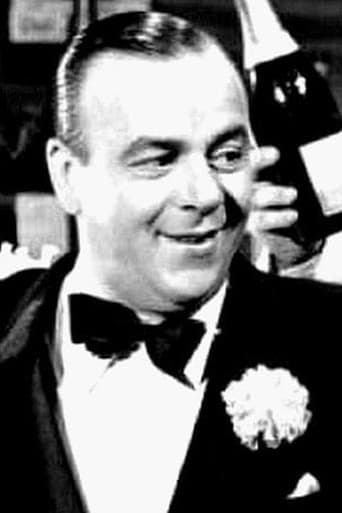Colibel
Terrible acting, screenplay and direction.
BroadcastChic
Excellent, a Must See
Dorathen
Better Late Then Never
Marva-nova
Amazing worth wacthing. So good. Biased but well made with many good points.
gavinalananderson
This title is now available on DVD in France (StudioCanal). The only problem is that there are no subtitles. I generally try to get French DVDs with subtitles in French (for the hard of hearing) as that helps if they speak too fast for me or have difficult accents. Nonetheless I enjoyed this very much and although I missed some of the dialogue it was always clear what was happening. I saw this when it came out in the 60s and it has stayed with me ever since. I have been looking for it on DVD for a long time and bought it as soon as I saw it on a French website. I now find it a very thoughtful anti-war film, which acknowledges the widespread collaboration with the Nazis, which, together with the ending, must have been shocking to French opinion at the time. Charles Aznavour is excellent as the believable everyman, and the rest of the cast are fine. Georges Riviere plays a character that I remembered as quite unsympathetic, but interestingly I now see as much more complex and in his own way, principled. Recommended.
dbdumonteil
Sandwiched,in Cayatte's filmography between "Le Miroir A Deux Faces" which tackled cosmetic surgery long before it was trendy and "le Glaive et La Balance" a film desperately in need of reassessment,"le Passage du Rhin" occupies a particular place .It was the first time he had broached WW2,and he did it in a very interesting way :ambitious but not always successful film.On the plus side: Cayatte shows everyday's life in both countries (Germany and occupied France);he was one of the first to tell that French people were not all Resistance fighters (see also "Avant le Deluge" :1952).Two of his characters are collaborators (the newspaper's owner) or they sleep with a Gestapo officer (Jean's mistress).Jean himself is not a true virtuous hero:not only he dishonors and ruins the German girl's life ,but he also wants to marry his French colleague although he knows everything about her racy past in the war years.On the other hand,Aznavour's character ,who might pass for a coward cause he does not want to try to escape from Germany comes back to his new friends when the war is done.On the minus side: the screenplay is badly written,the scenes lack focus,intensity ,and do not hang well together.Sometimes the absence of transition between the sequences is infuriating .It is sometimes as messy as Cayatte's earlier "le Dossier Noir" (1955)."Passage du Rhin" is interesting but it lacks a firm screenplay ,like in his great works "Justice est Faite" "Nous Sommes Tous des Assassins" "Avant le Déluge" or "Les Risques du Métier"
Robert J. Maxwell
More than a generation has come and gone since I saw this movie in Ithaca, NY, but it isn't an easy movie to forget. Basically, it's a story of French soldiers taken captive and sent to Germany as laborers early in WWII. The sympatico Charles Aznavour and the appealing Cordula Trantow develop, let's say, a bond. When Aznavour is finally released and sent home to France, he realizes that he's established an entirely authentic identity elsewhere and determines to go back to Trantow and the life he led with her.I hope I have the story right. I also hope I'm thinking of this movie, rather than mixing it up with another, when I claim that it has its funny moments. We only see the Battle of France in two shot. In the first, we see a collection of German artillery pieces. An officer shouts, "Feuer!", and there is a tremendous CRASH and billows of smoke. Cut to a handful of small French artillery. "Feu!" cries the officer, and there follows a preposterous "pop". Cut: A line of French POWs marching smartly along under the guns of the Germans.In the end it's quite touching. Catch it if you can.
cdoerner
As a teacher and serious student of film, I regard Passage du Rhin among the dozen best films I've ever seen. It is sad that it is no longer available to us. Fortunately in the years it was available on 16mm I was able to show it often to classes and small groups. I became so familiar with the film I could passably re-write the screen play.
